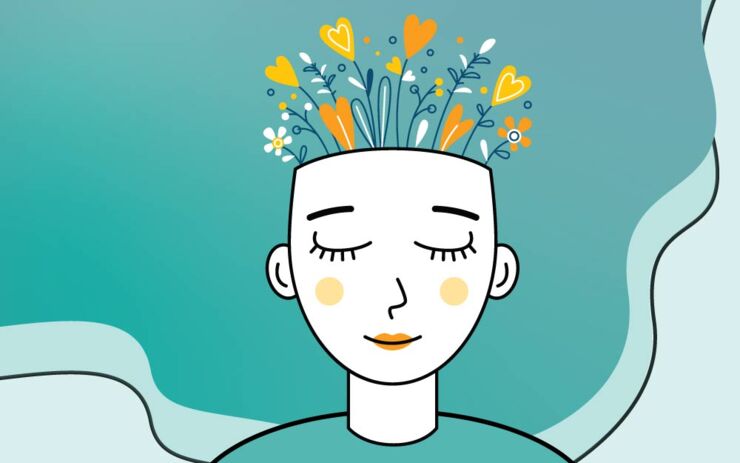Treatment Trauma, Race and Mental Health
The factors that impact our mental health are varied, intertwined and sometimes difficult to distinguish.
Other times they are clear as day.
When living conditions are unhealthy or unsafe or when mental-healthcare is inadequate, unaffordable or inaccessible, the goal of recovery can seem unobtainable.
In the third of a four-part series on the Intersectionality of Race, Trauma and Mental Health, we look at the role of treatment trauma. Our guest, Dr. Warren Braden says the best way to deal with a system that is not working (or is not designed to work for certain people) is to avoid it and to develop other avenues of self-care and recovery.
Related resources
We discuss a specific type of obsessive compulsive disorder (OCD), known as…
how ARFID differs from picky eating and other eating disorders, and what…
Rogers' experts discuss the connection between personality and mood…

